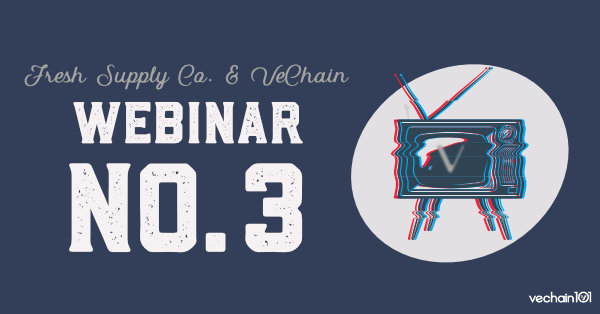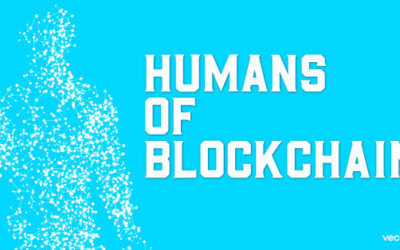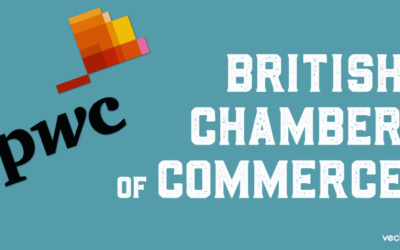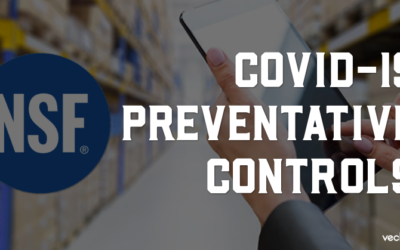Access to safe and nutritious food is key to maintaining physical and mental well-being as well as socioeconomic development.
Unsafe food strains healthcare systems and harms national economies, tourism and trade. The WHO estimates that food-borne diseases are responsible for 600 million people falling ill and 420,000 deaths every year and, according to market research agency Markets and Markets, the global food safety testing market will reach US$24 billion by 2023.
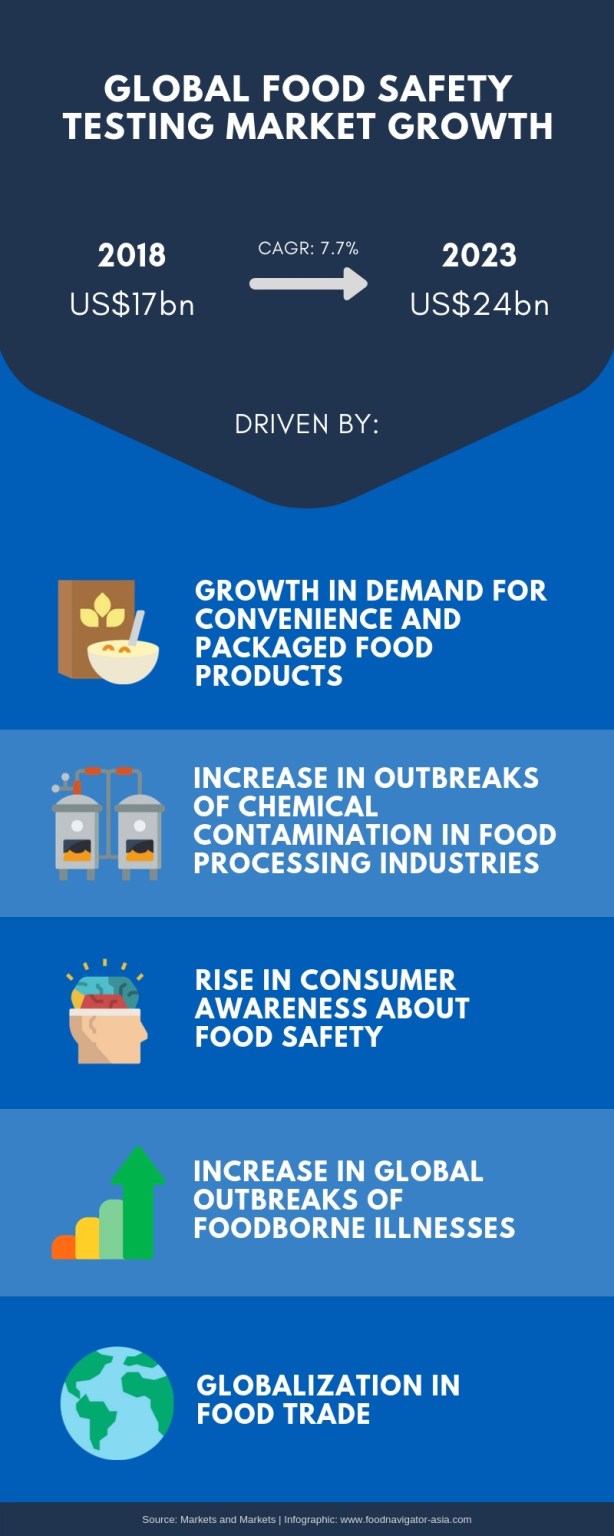
With rising demand for a transparent and better controlled food supply chain, producers are pressured to invest in new technology to stay ahead. Ensuring food safety however, is not an easy task. Supply chains are globally interconnected so good collaboration between governments, producers and consumers is required.
These challenges were the focus of VeChain’s 3rd webinar – hosted by Sarah Nabaa, VeChain’s VP for SE Asia & Australasia, and David Inderias, CEO of Fresh Supply Co and member of the APAC Provenance Council.
“Like building your own car” – David Inderias reveals the pointless nature of private chains
David Inderias, the vocal founder of Fresh Supply Co, isn’t known for beating around the bush. On May 13th, he co-hosted the VeChain Bootcamp alongside VeChain Southeast Asia & Australia GM Sarah Nabaa. As two founding members of the APAC Provenance Council, they were well-positioned to educate the audience on the challenges the industry faces in convincing producers and manufacturers to digitize their supply chains.
Inderias is under no delusions about the task at hand, and unlike others in the space, doesn’t have blockchain adoption as a primary concern. Instead he is focused on bringing value to his customers, whether it’s through blockchain, IoT, digital product identity services, or his ultimate wild card, improved trade finance. The APAC Provenance Council uses Mastercard and Alipay to decrease the time it takes b2b farmers to get paid for their labors, with one caveat – supply chain and provenance info must be verified. To do that, Inderias has entrusted VeChain as the main provider.
This is because he sees little value in building a private network himself, a strategy pushed heavily by large firms like IBM Blockchain and select Big Four accounting firms. He points out that companies in the past did this merely to “check a few boxes” and show their innovative side, without considering the value it brings. He compared it to building your own car, in the sense that it might be a commendable feat on its own, but leaves all kinds of questions regarding whether or not it can perform well enough out on the road. With a number of reliable and exceptional car companies on the market, why bother?
The exceptional car company in this metaphor is VeChain’s ToolChain, which Inderias claims allows him to quickly customize and iterate solutions for a wide range of producers and their vastly different needs. Sarah Nabaa recalled how at their first meeting, David was skeptical that VeChain might be a competitor – now he recognizes that they are one of the few companies with enough credibility and functionality to be trusted in the APAC Provenance Council.
Still, Inderias was pragmatic about the steps that would need to be taken. He wasn’t about to rush out and force solutions down a client’s neck, insisting that properly designing, assessing and reassessing the solution would be necessary to make sure it was done intelligently, and that it provided the most possible value to his paying customers. He laughed about cryptocurrency communities on the internet who often push blockchain projects to show transactions, stating “If you think it’s easy, why don’t you try and sell it [the solution].” He continued to say that his customers include ranchers and family-owned farms that have been operating profitably for multiple generations. “They don’t need you. They don’t think they need you. You better have a very clear explanation of why they need to change”.
Understanding that mentality is key to how Inderias runs his business, especially in an era plagued by COVID-19. He claims to be a technophile, but is aware that most of his customers aren’t. ToolChain allows him to skip the cryptocurrency and technical side and get right to the important stuff – helping his customers improve business processes.

Food supply chain strategies in post-COVID19 world
Sarah kept the pace going throughout the webinar with her own perspective on enterprise adoption. Drawing from her experience with clients, she shared the typical steps involved in a typical ToolChain project and explained how VeChain’s SaaS interface helps managers make better informed decisions.

Typical steps for a process builder project
In her view, the benefits of blockchain should not be restricted to the food industry and should rather be adopted by other industries to disrupt key areas like manufacturing, supply-chain visibility and automation, digitising chain of custodies and sustainability.

